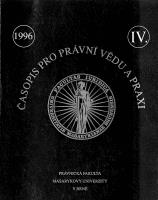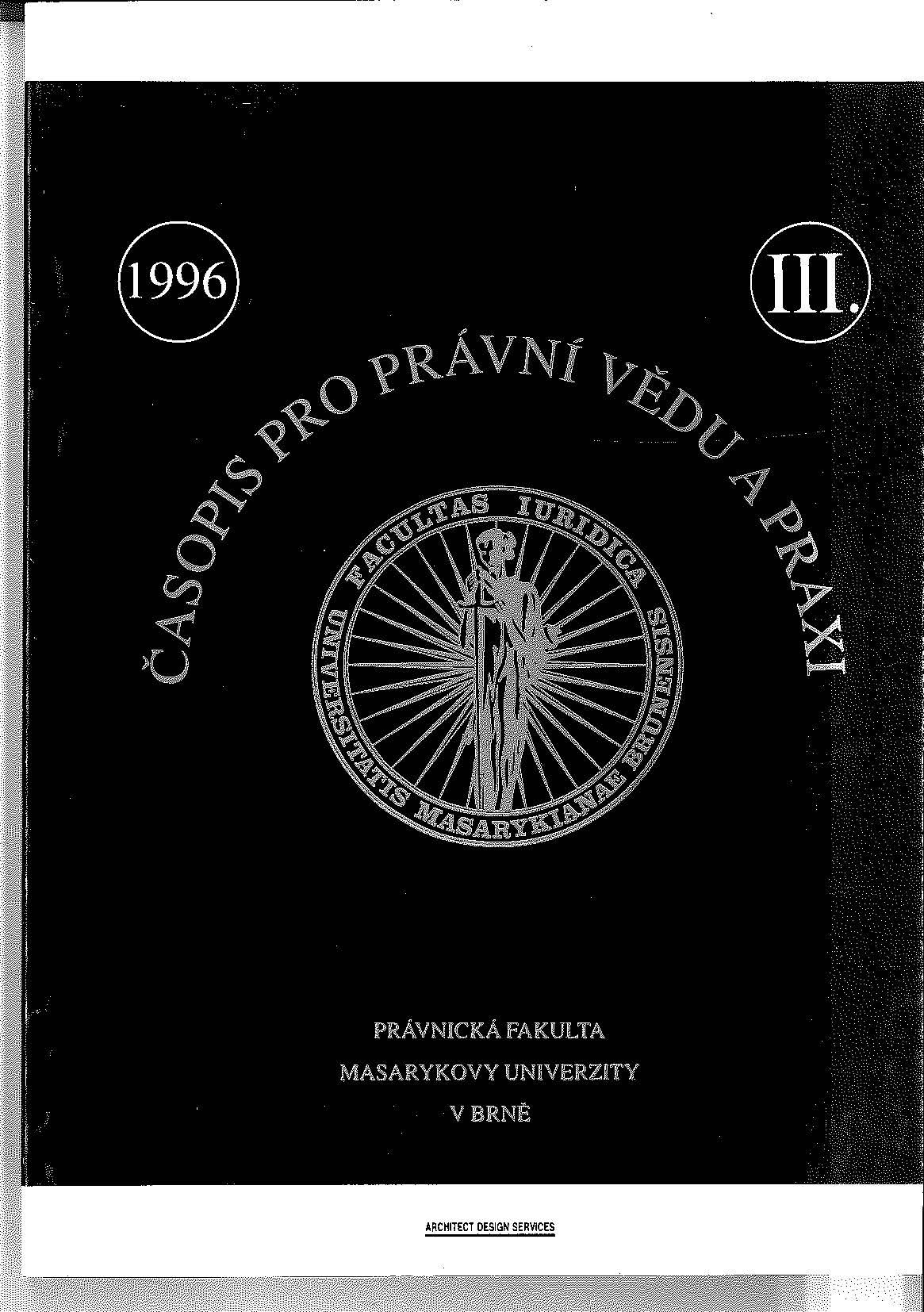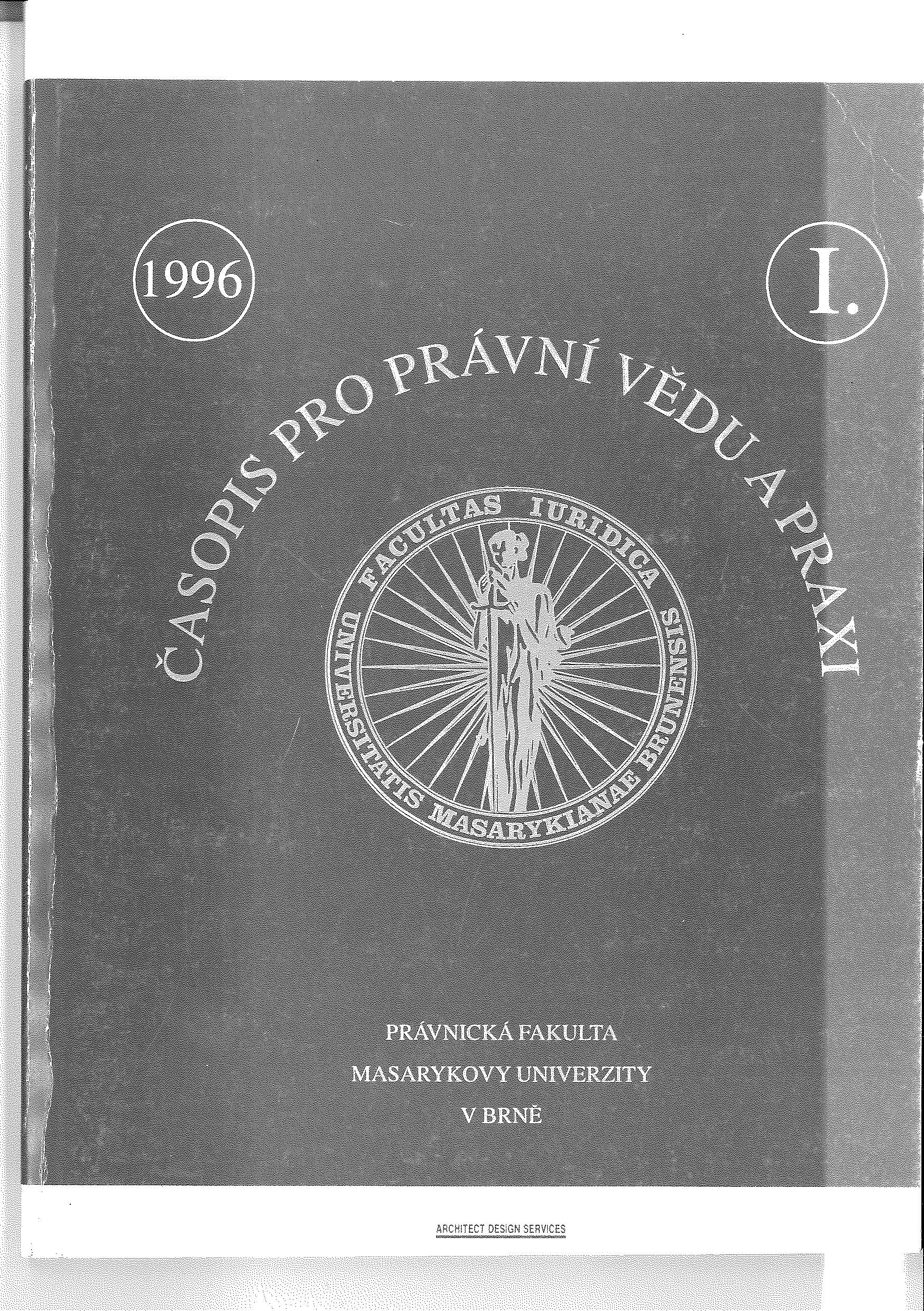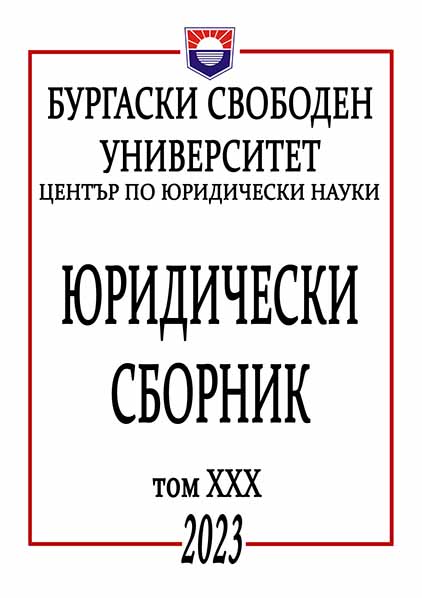
Problem konstytucyjności administracyjnego sądownictwa ubezpieczeń społecznych
At the moment of their establishment (1939) and development (1945–1946), the social insurance courts had no sufficient substantiation in the then binding constitutional acts, as its nature, position within the legislation, and organization were incongruent with the provisions of the March and April constitutions. It was so as no space was provided for this special division of administrative judiciary while drawing either of these acts, and the arguments to the contrary formulated at the time are not convincing. Many of the claims about the full coherence of the Act with the constitutions quoted above remain unjustified, which suggests that the authors of the Act were aware of its weakness, both in this scope, and in the scope of the nonexistence of procedures capable of disclosing such weaknesses in the context of the political will to pass the Act (before the second world war) and to establish insurance courts (directly after the second world war). Although it is a paradox, the administrative social insurance courts operating on the power of the pre-war legislation received full constitutional support only in the People’s Republic of Poland, in the stipulations of the Constitution of the People’s Republic of Poland of 1952 and the Act of 15th February 1962 on the Supreme Court enacting its assumptions, among others, through a signifi cant novella of the Act of 28 July 1939 Law on the administrative social insurance courts.
More...







